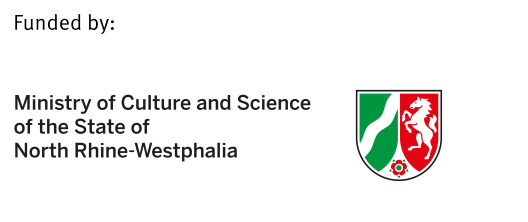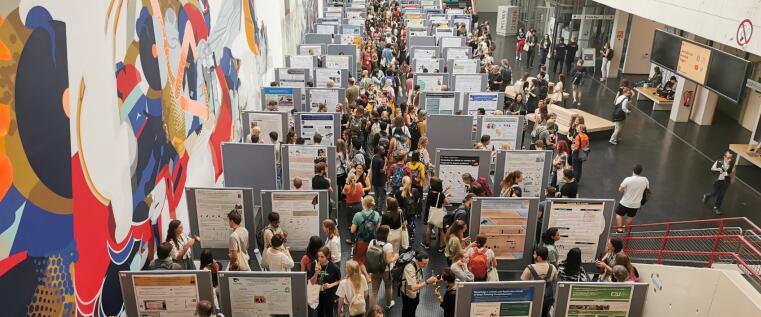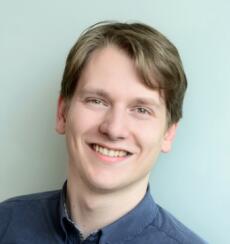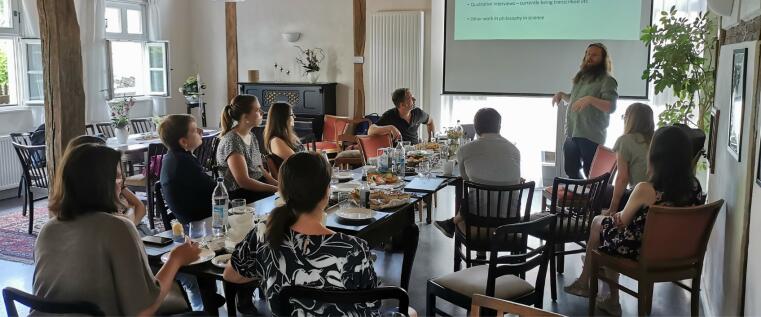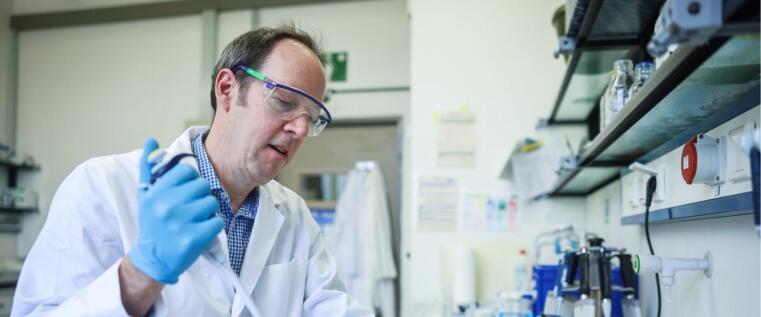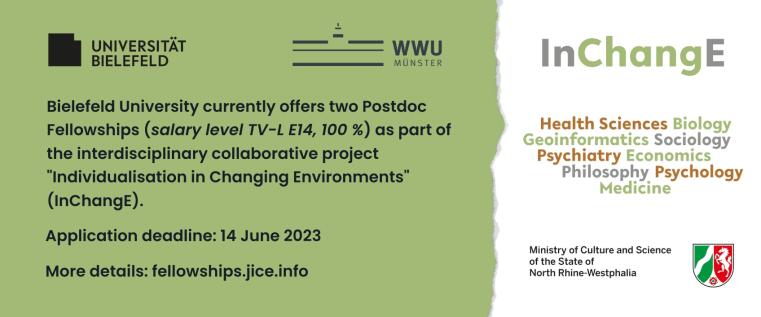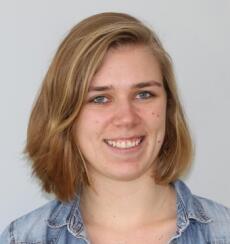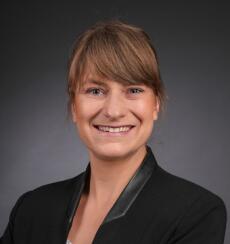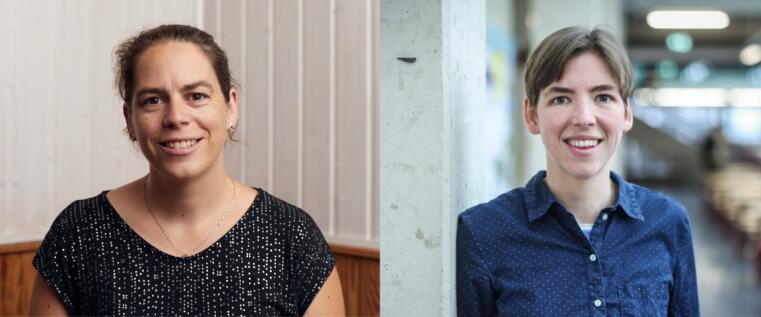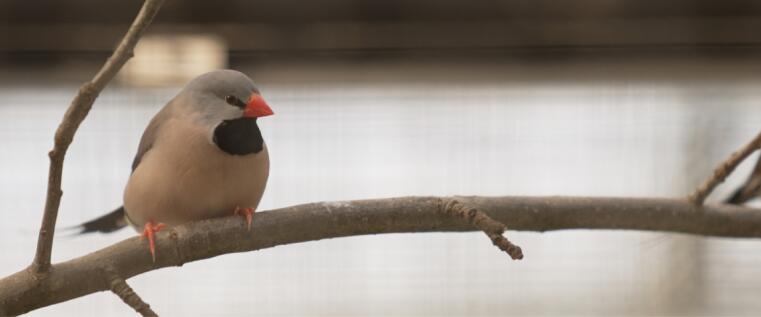Mitko Aleksandrov starts as InChangE postdoc
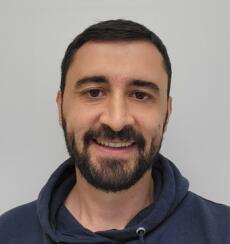
As part of his postdoc within the collaborative research association InChangE, Dr Mitko Aleksandrov investigates how individuals experience and understand 3D environments. His primary goal is to assess the impact of various factors, such as urbanisation level, weather, familiarity, distractions or level of detail, on people’s orientation, route choice and perception while navigating in indoor and outdoor spaces.
Previously, Aleksandrov completed his PhD at the University of Melbourne, where he investigated individual decision-making during evacuations of tall buildings, emphasising the impact of floor level, route options, crowdedness and instructions on these decisions. Following his PhD, he was a postdoctoral researcher at the University of New South Wales, focusing on strategies to effectively orient and navigate individuals in 3D environments.
